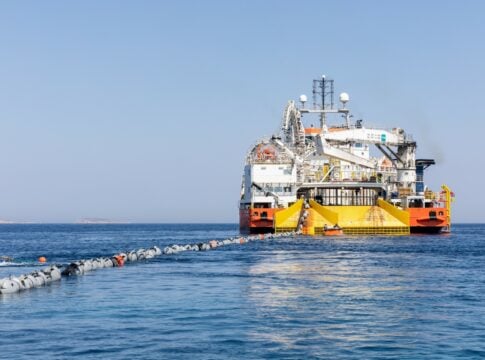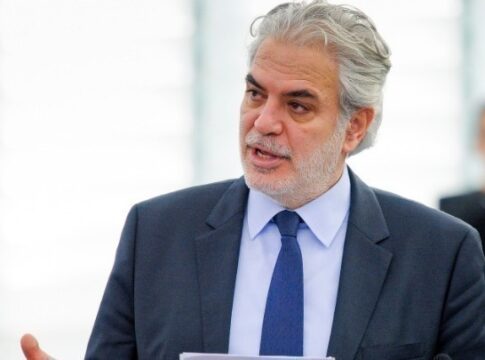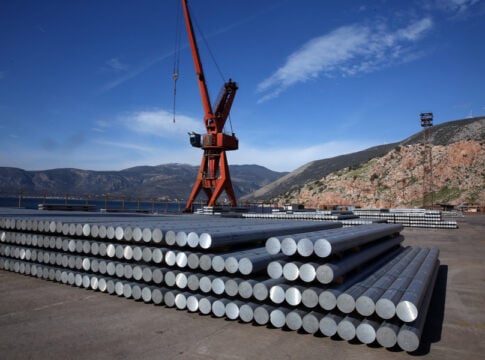Oil and natural gas prices are falling after the new President of the United States Donald Trump initiated an increase in the extraction of shale hydrocarbons in the US.
The price of Brent for delivery in March fell by 37 cents on Tuesday to 79.85 dollars a barrel. A decrease of 90 cents was also recorded for US crude, with the price for delivery contracts in February falling to 76.98 dollars.
The new President of the United States confirmed his drastic plans for the energy policy of the United States, characterizing the massive production of natural gas as a national energy emergency.
These statements underlined expectations in the oil market that supply will remain quite high.
Lately, the prospect of a permanent ceasefire between Israel and Hamas in Gaza has caused a “level of relaxation” in the oil market. Previously, new US sanctions on the Russian energy industry had significantly raised prices, and at least some of that increase has now disappeared.
Natural gas storage facilities are lower
At the same time, reference prices for natural gas on the TTF market in Amsterdam have also fallen slightly to 47.5 euros per megawatt-hour.
Of course, the price has risen compared to a year ago from 23 euros per megawatt-hour to close to 50, but this is due to many reasons. “The market faces several uncertainties as the region heads into the colder winter months, while the loss of natural gas from the Russian pipeline through Ukraine has caused a deficit of 14 billion metric tons,” market representatives emphasized.
Natural gas storage facilities in the EU are on average 60% full, according to official data, compared to 74.82% in the same period last year.
The US president even appears determined to increasingly pressure the EU to import gas and oil from the US, in order to avoid imposing high tariffs on imported European products.
ECB
The decline in oil and gas prices may of course be an “ally” in the ECB’s efforts to reduce inflation as well as in the planned cut in interest rates by at least 100 basis points in the next four meetings.
However, the ECB’s path seems to be plagued by difficulties. The threats of the new president Trump to impose tariffs on Europe also come at a time when the EU must deal with a weakened economy.
Pantheon Research experts warn that risks are on the upside regarding headline inflation due to the rise in oil and utilities in response to the increase in gas and electricity prices in 2024.
According to a report by the European Central Bank, a 10% increase in the price of oil in euros could cause a 1.5 percentage point increase in energy prices within six months. Given that energy has an 8-9% weighting in the overall price index, this represents an immediate increase of 0.1-0.2 percentage points in overall inflation.
In euros, the price of crude oil has increased by 12% since December, so the impact on inflation is already more than 0.2 points in the coming months.












